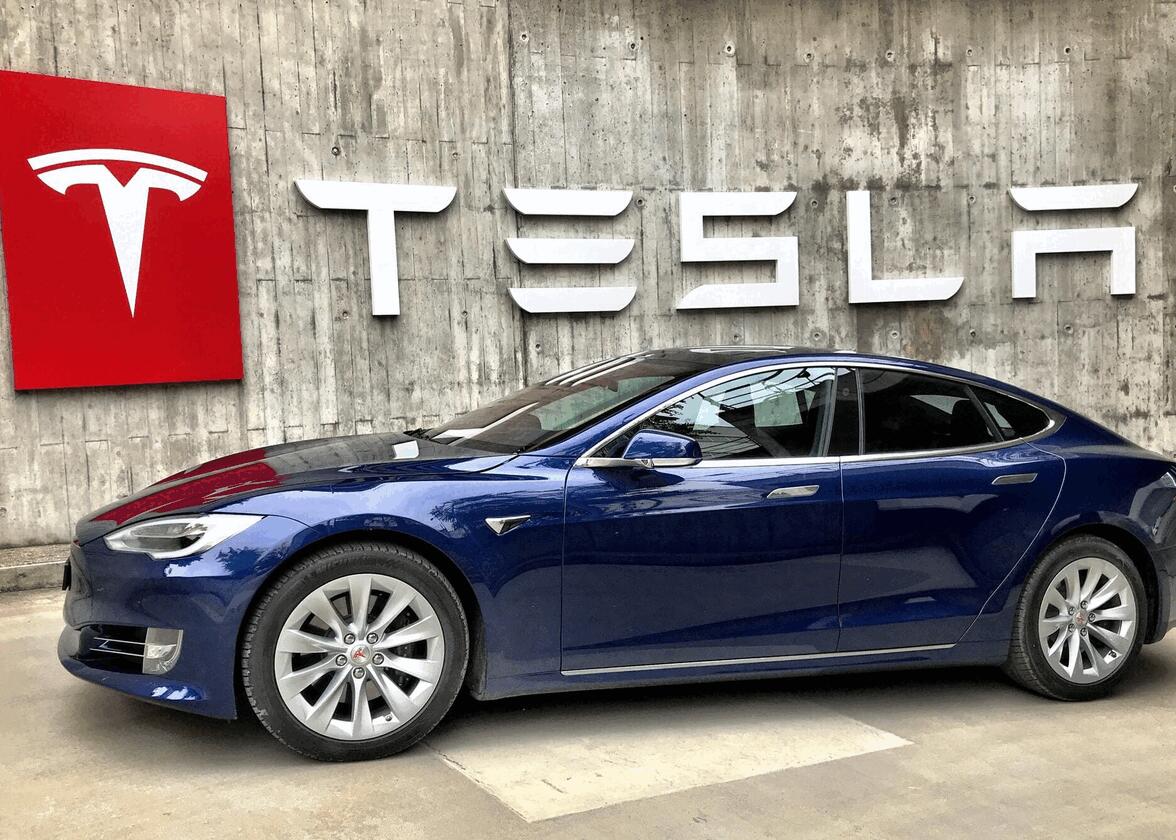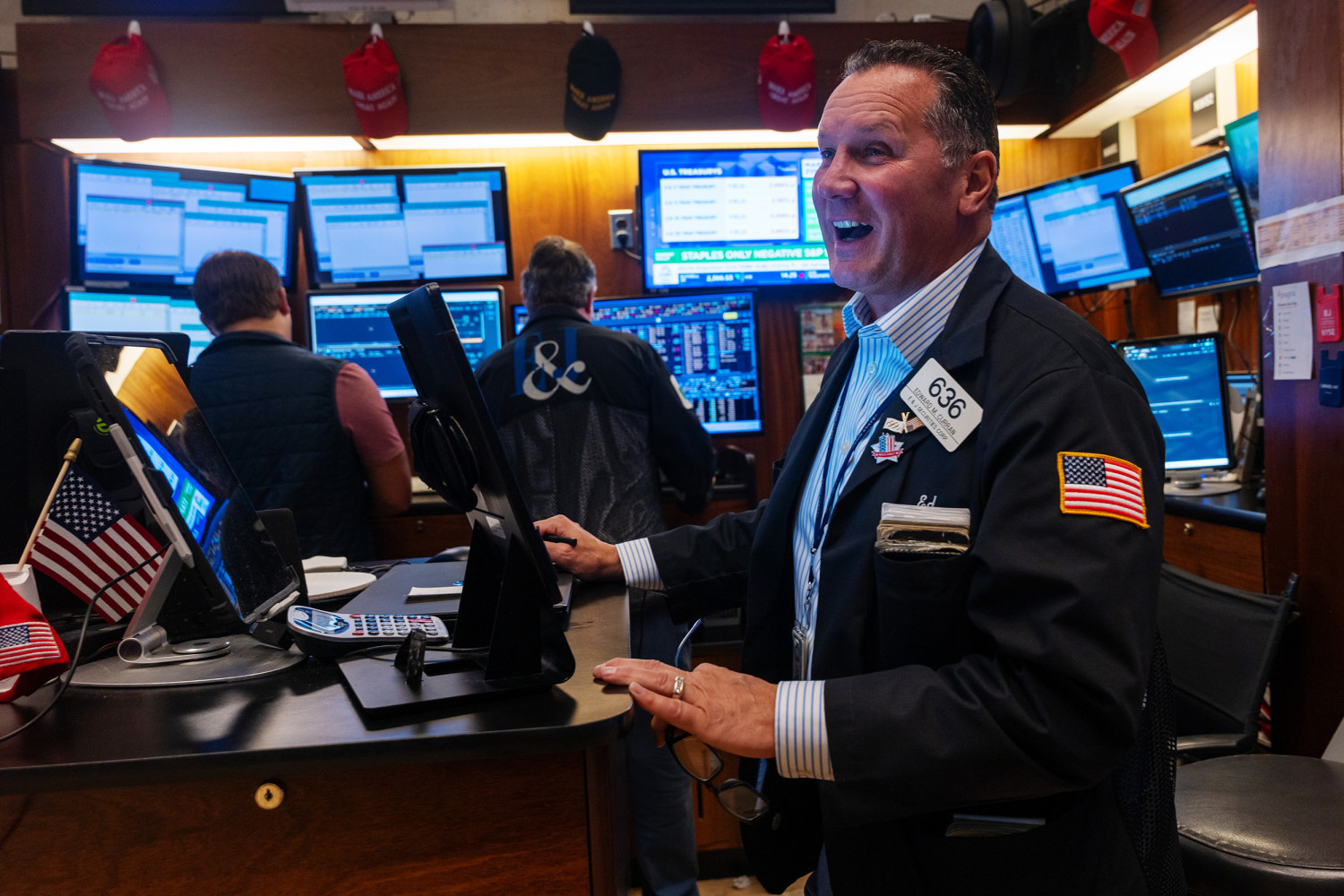Tesla has introduced what could become one of the most substantial compensation plans in corporate history, proposing an incentive package for CEO Elon Musk that may reach an unprecedented value of approximately $1 trillion — but only if the company achieves a series of extraordinary performance goals.
The suggested compensation plan is not merely a straightforward financial distribution. Rather, it revolves around equity-based incentives linked to Tesla’s performance in achieving particular financial and operational goals in the upcoming years. These objectives encompass substantial revenue growth, continued profitability, and challenging market capitalization targets that would position Tesla among the top companies globally by value.
The directors and executives of Tesla believe that an ambitious compensation package will synchronize Musk’s personal goals with the long-term interests of the shareholders. By linking the rewards to quantifiable accomplishments, Tesla aims to guarantee Musk’s strong dedication to the company’s expansion path and maintain a focus on breakthroughs in the electric vehicle and energy industries.
Historically, Musk has taken an unconventional approach to compensation, often declining a traditional salary in favor of performance-based stock options. This proposed structure mirrors that philosophy but on an even larger scale. The potential valuation of $1 trillion has caught global attention, signaling Tesla’s confidence in its future expansion — and its willingness to bet on Musk’s leadership to make that vision a reality.
Although the company has not disclosed every detail publicly, analysts expect the compensation plan to include a series of escalating milestones related to revenue, earnings before interest, taxes, depreciation, and amortization (EBITDA), and market capitalization. Achieving each goal would unlock a tranche of stock options for Musk, with the ultimate payout requiring Tesla to reach valuations and production levels far beyond current figures.
To provide context, Tesla’s market value is presently in the hundreds of billions. For such an exceptional pay package to be warranted, Tesla must continue experiencing significant growth in electric car sales, battery manufacturing, and energy storage solutions — all while dealing with strong competition from established car manufacturers and new electric vehicle startups.
If sanctioned, this proposal might transform executive pay methods throughout the business sector. Advocates claim that linking incentives to achievements promotes responsibility and motivates a focus on strategic long-term objectives instead of immediate profits. Opponents, on the other hand, wonder if such a substantial potential reward is warranted, even with it being conditional on remarkable triumph.
Investor reaction so far has been mixed. Some view the proposal as a visionary move that reflects confidence in Musk’s ability to deliver transformational results. Others express concern about the optics of granting a single executive a package of such magnitude, particularly in an era of heightened scrutiny over income inequality and corporate governance.
Elon Musk is known for exceeding expectations. With his guidance, Tesla evolved from a small electric vehicle manufacturer into a major global force, changing the automotive sector and hastening the transition to renewable energy. Musk’s ambitious assertions — often viewed with doubt — have regularly turned into remarkable accomplishments, from the triumph of the Model 3 to the growth of Tesla’s gigafactories around the globe.
Still, the targets associated with this new package are described as “audacious,” even by Musk’s standards. Industry analysts note that hitting these milestones would require Tesla not only to maintain its innovation leadership but also to achieve unprecedented levels of efficiency, scale, and global market penetration.
Tesla’s suggestion arises during a continuing discussion about executive compensation and corporate responsibility. Detractors contend that extremely high pay packages can widen income disparities and may lead to misplaced priorities if not properly organized. Supporters argue that when incentives are connected to ambitious yet quantifiable targets, they can lead to remarkable business outcomes that advantage both investors and the broader economy.
In Musk’s case, the proposal reflects Tesla’s belief that his leadership is integral to its identity and future success. The company contends that incentivizing Musk with high-stakes performance rewards ensures continuity at a critical time, as Tesla seeks to scale production, expand into new markets, and lead advancements in autonomous driving and renewable energy technologies.
The suggested package needs to receive endorsement from shareholders, with the debates anticipated to be intensely examined. It is likely that proxy advisory companies and institutional investors will contribute their insights, assessing the viability of the performance objectives and the wider consequences for governance.
Regardless of the outcome, the proposal has already made headlines for its sheer scale and ambition, underscoring Tesla’s unique approach to leadership, innovation, and corporate strategy.
If the strategy is implemented and Musk achieves the set objectives, it will firmly establish him as one of the top compensated leaders ever, while also signifying a pivotal phase in Tesla’s growth — potentially altering the limits of what a public corporation can accomplish.
Until then, the world will watch closely as Tesla, its investors, and its charismatic CEO navigate one of the most audacious compensation proposals ever conceived.





